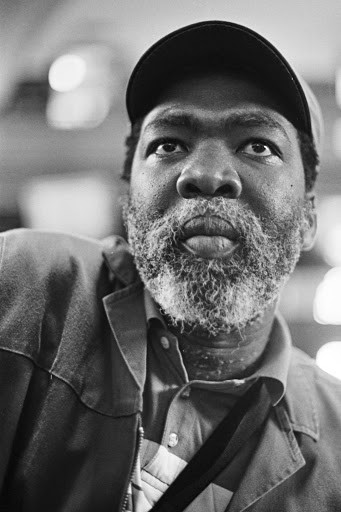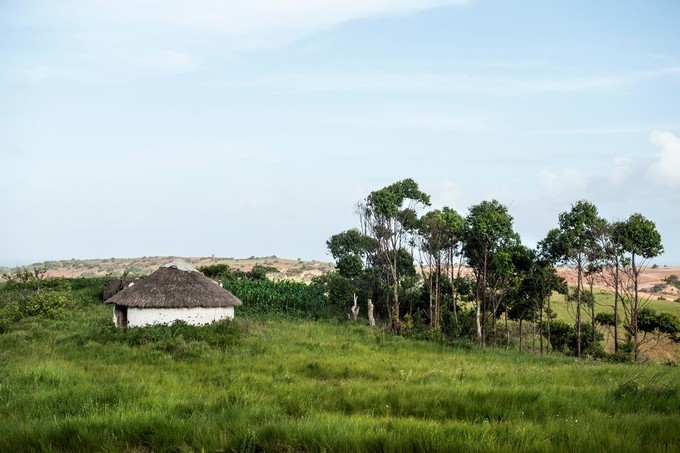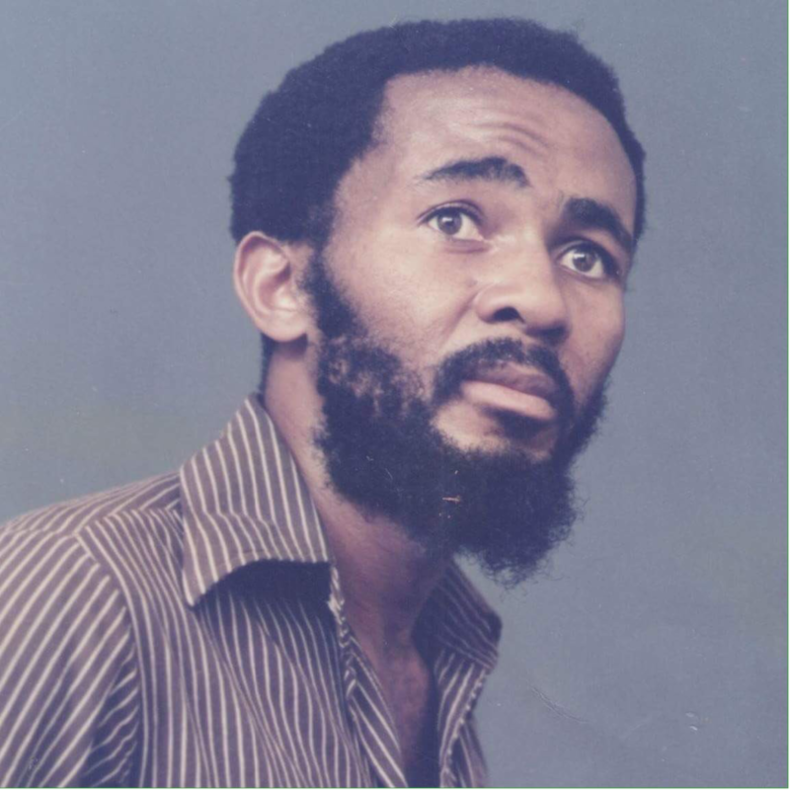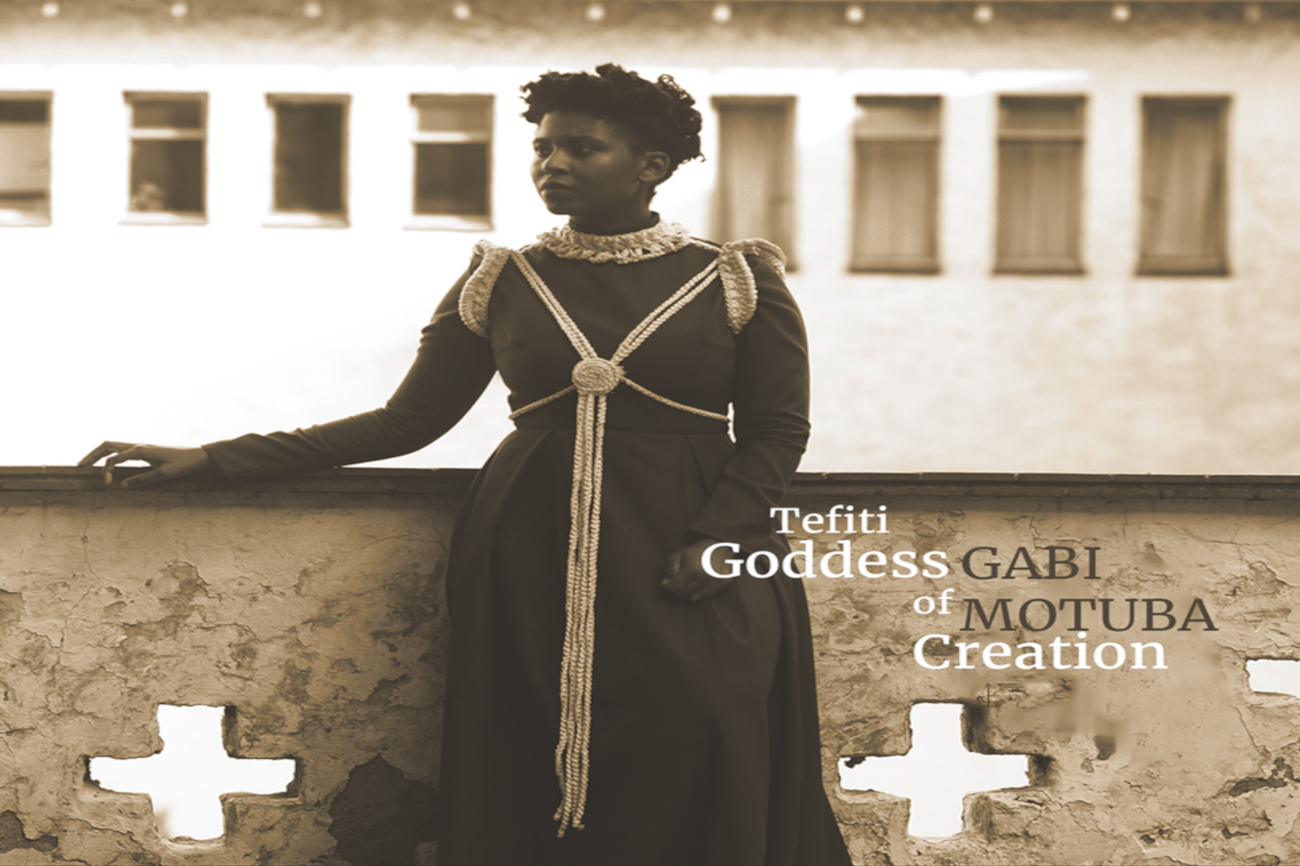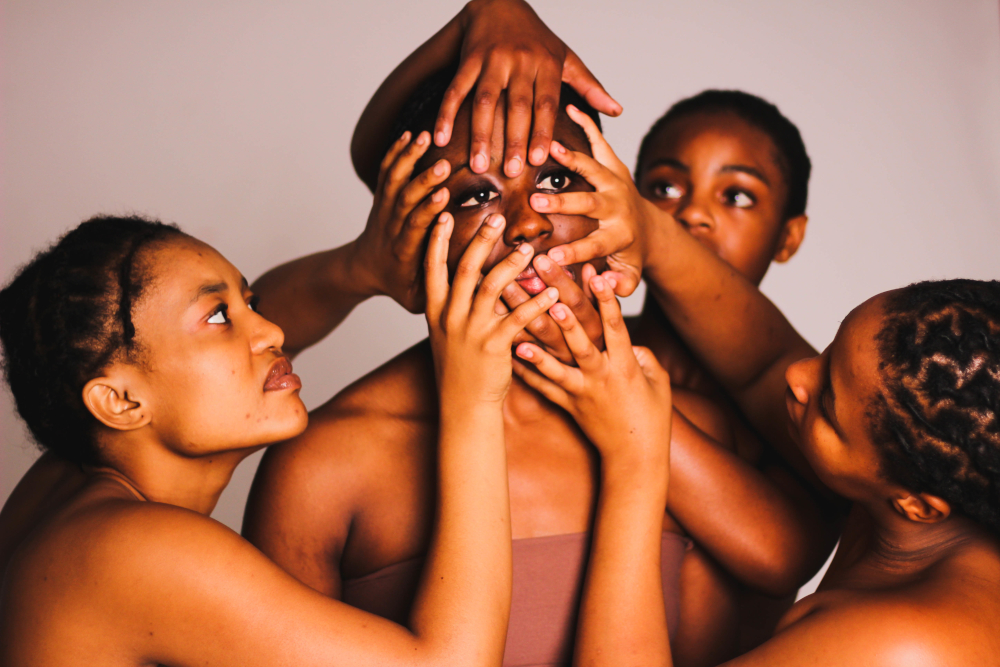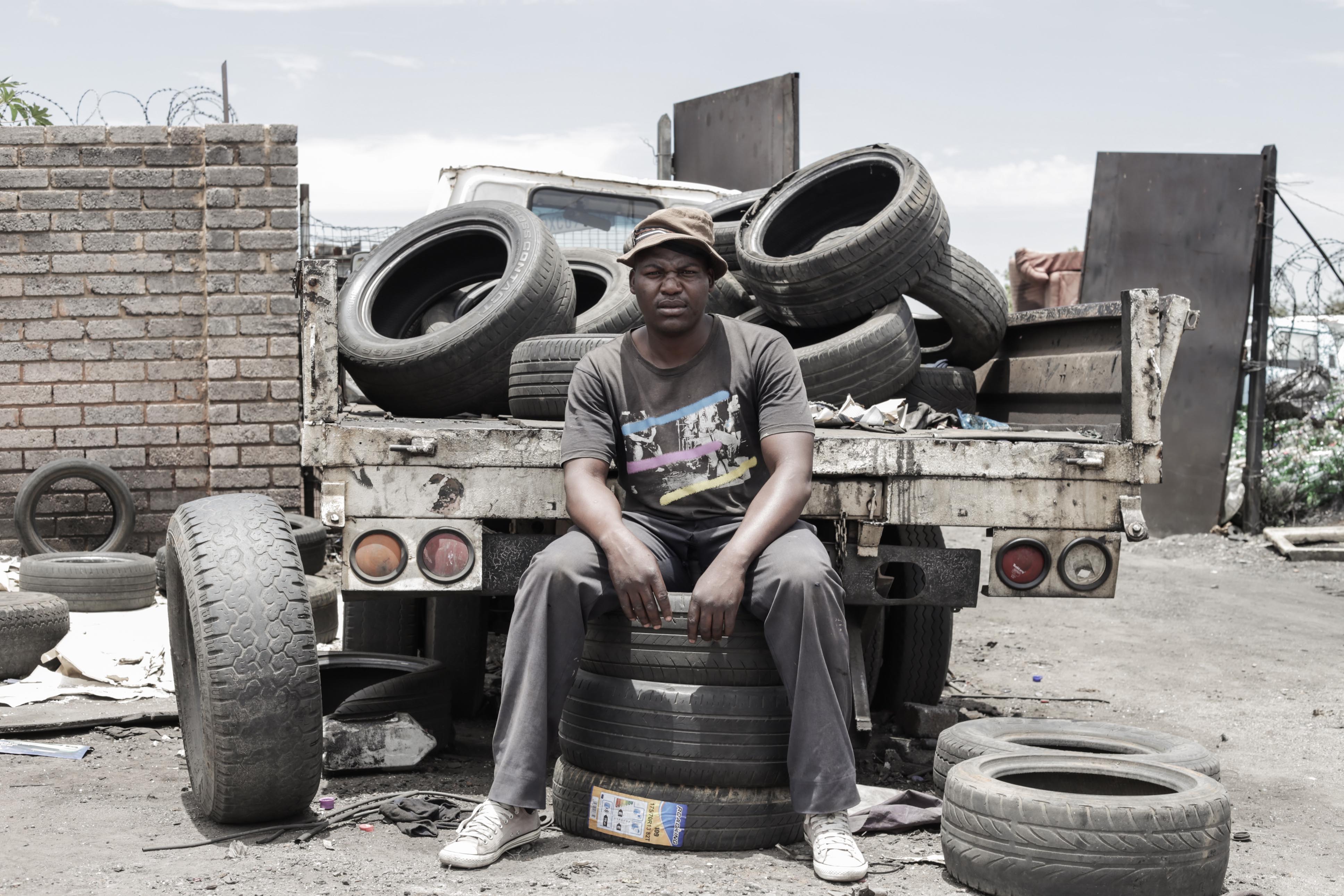The uproar over Dr Lwazi Lushaba's utterances in one of his online lectures on political science at the University of Cape Town (UCT) is yet another incident that rudely awakens us from a tragic slumber as Black people.
But can we truly expect people who are so addicted to sound-bites, catch-phrases and slogans to understand the existential philosophical critique of a white racist society? It seems not, and the Dr Lwazi Lushaba saga, so to say, proves that yet again. If so, how then do we underscore the economic and ontological plight of Black people in an anti-Black racist and capitalist society that constantly seeks to obfuscate that?
I think Dr. Lushaba gives us some quite interesting and emancipatory hints. His pedagogical approach, for instance, constantly throws the pigeon of truth amongst the cats that are inherently allergic to historical analysis proper, let alone to the philosophical critique of the white racist, capitalist imperialist power structure. He wrestles with racist paradigms and cartographies of meaning-making. By so doing, he sometimes punches far above the weight of many people in and outside of academia, and the only recourse for some of them becomes insults.
The fact of the matter is that such truth cannot find adequate expression in a society, for instance, that does not even understand what racism is. Our society believes that racism is mere prejudice and not necessarily about power. It believes that racism is a mere question of attitude and loss of morals as far as individuals are concerned, upon which they would be persuaded to change their views and attributes towards others.
Racism is not understood as a structural, systemic, and therefore an organising reality of our society. As such, our society deals with racism through marches, petitions, submission of memoranda, and social cohesion summits — all underpinned by the quest to appeal to white people's sensibilities, and so we say to them, "Please realise that we too are human beings; find it in your heart to understand this, we thank you".
I don't even want to talk about homophobia, transphobia, or misogyny besides expediently shouting "LGBTQIA+" and "gender-based violence", so what of existential philosophy. I don't blame them anyway; the stuff is no child's play; it is heavy. Even its proponents have to think it twice, if not many times, before using it as a framework to understand power relations in an anti-Black racist world.
By missing the nuance in Lushaba's argument, for some "that's hate speech", "he is a mampara of the week" (as some newspapers observed), we fall prey to ideas and attitudes that merely feed into the insensitivities of a white power structure that buttress the liberal democratic order we live under. Let's make this clear:
Lushaba was conducting a political class online, he was not in some rally.
He gave a historical and a somewhat philosophical critique of political science as we know it.
What he is accused of is what he particularly said when giving evidence of the inherent silence and violence of political science as a discipline when it comes to Black people and their conditions. But because the allergy to history and nuance has rendered our society impatient to critical discussions, misguided rage against Lushaba has come up, fueled not only by a philosophically obtuse media but also an inherently racially biased one.
Lushaba's crime? To stretch political science beyond acceptable limits set by the Empire. He blasted off the lid that protects the dominant canon in the political science discipline as we know it. By so doing he gives political science an existentially responsive content and outlook when it comes to the lives that it had been made to overlook and violate. And so, yes, his pedagogical approach offends white epistemic sensibilities. Lushaba's argument, as I understand it, is very simple and logical.
If white people never regard colonialism, wars of dispossession and genocides in Africa, in the Americas and Asia as crimes against humanity (and their epistemic paradigms constantly rationalise such violence) what makes Hitler, who acted in a similar manner against Jews to be said to be a criminal and the only one to be held responsible?
In this, and this what many people unfortunately fail to understand, Lushaba does not in any way exonerate Hitler from any wrongdoing - not at all. Rather, he problematises and thus challenges the hypocritical, differential reading and selective critique of historical events of more or less similar violent nature, a reality embodied, entrenched and amplified by political science as we know it.
This is where a Black existential philosophical critique of the white power structure comes in. It thus inaugurates the refusal to whitewash history as western paradigms of thought want us to. And that greatly offends the epistemic sensibilities of white people. It ruffles the way history and political realities - and their implications - have been, and are still, made sense of. At stake therefore is not merely reason and logic, let us not be duped, but power and privilege. These are the things that the white power structure protects by any means necessary. And that is why, for instance, the very liberal values that undergird our constitutional democracy are weaponised against Black people who challenge lies to reclaim their dignity and humanity.
When epistemic and cultural behemoths that have been, and are still, treated as sacred and omnipotent in making sense of human realities, historically and otherwise, are slayed by those who feel violated, those that have built lives and careers through them are bound to be offended. It is only natural. It shouldn't shock us.
The problem is when we Black people fail or refuse to see that it is the 'universalised' particular sensibilities and fragilities of the white establishment that make us mock and kill those who open our eyes and minds. And that’s simply because we have been made to faithfully believe that we have a stake, paradoxically, in a society that inherently refuses us.
What then do these sensibilities and fragilities mean? They simply yet tragically mean that those who have been, and are still, at the receiving end of colonial violence have been made to feel offended when the power structure that violates them is challenged, and so to feel obligated to sheepishly rally in its defense. It is for this reason, for instance, that we see so much anger over Lushaba's comments than over those of Helen Zille who said, and still believes, that colonialism brought benefits to Africa, and therefore to Black people.
We are thus faced with the paradoxical situation in which Black people inherit and reproduce the sensibilities, political and otherwise, of those who oppress them. This is what disciplines, such as political science, have always entrenched. And because the lords of humanity get offended when such a reality is challenged, Lushaba must die. We should all be Lwazi Lushaba; we must all die, but in the trenches of the production of counter-hegemonic ideas and practices in pursuit of our freedom. After all, as Frantz Fanon would say, 'freedom is the risking of life'.

